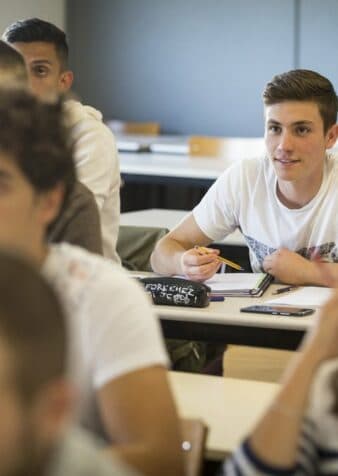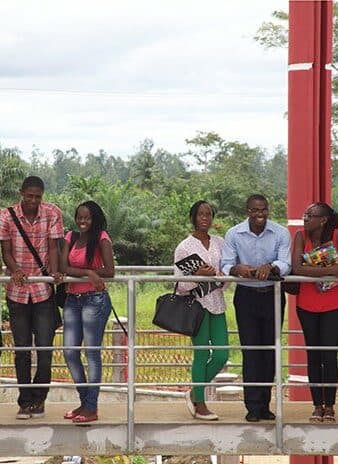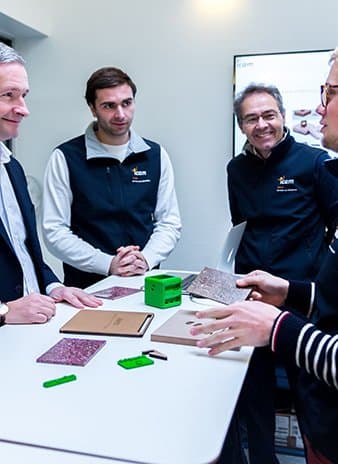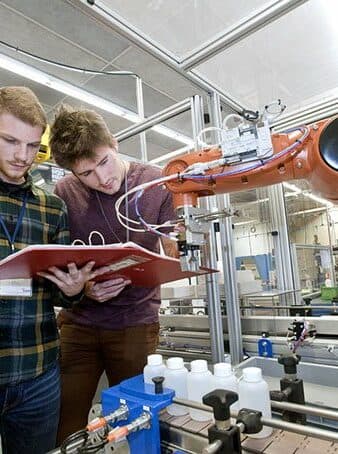Study at Icam: find the best program for you
International students can choose to complete one or more semesters, enabling the student to experience a French perspective of engineering.
Undertaking a two year programme will allow you to obtain a double degree, when applicable. Our primary goal is to provide you with an intense educational experience and to share this experience with Icam students on one of our campuses in France.
Our school of engineering will lead you along the way through enriching curricula, exciting study trips, eye-opening service projects, and experiential learning through internships.









